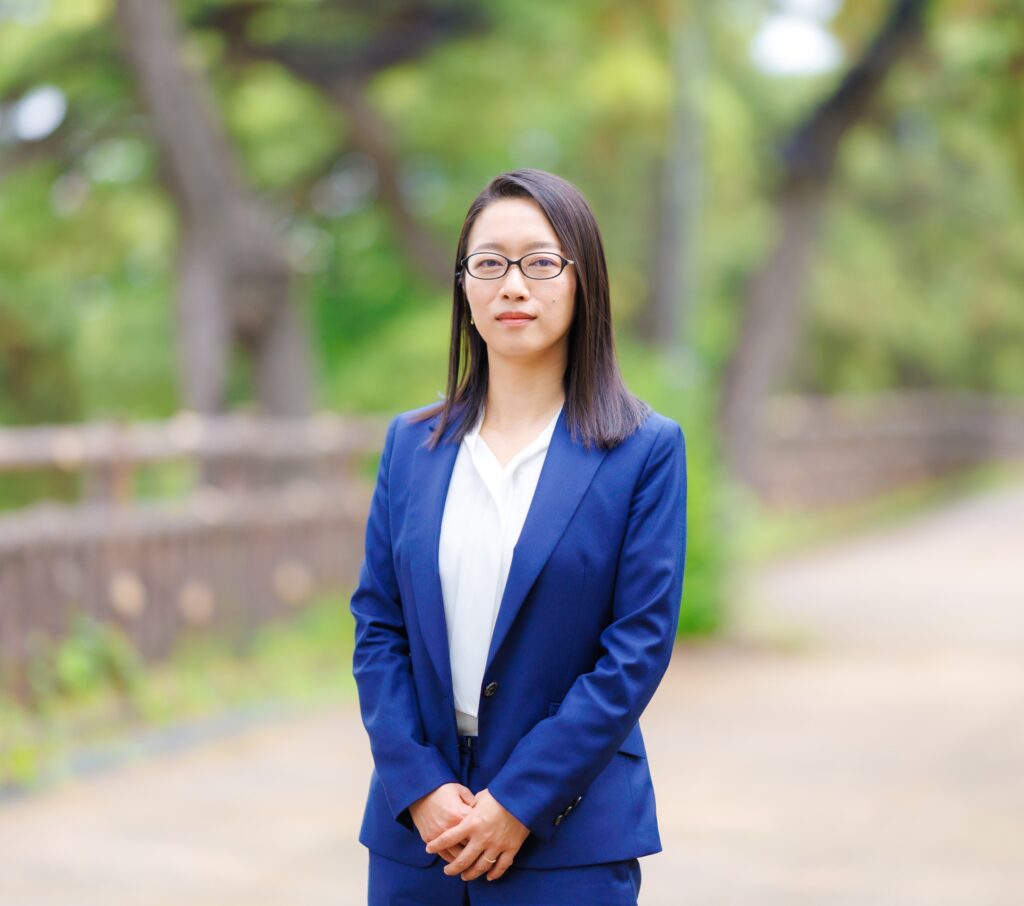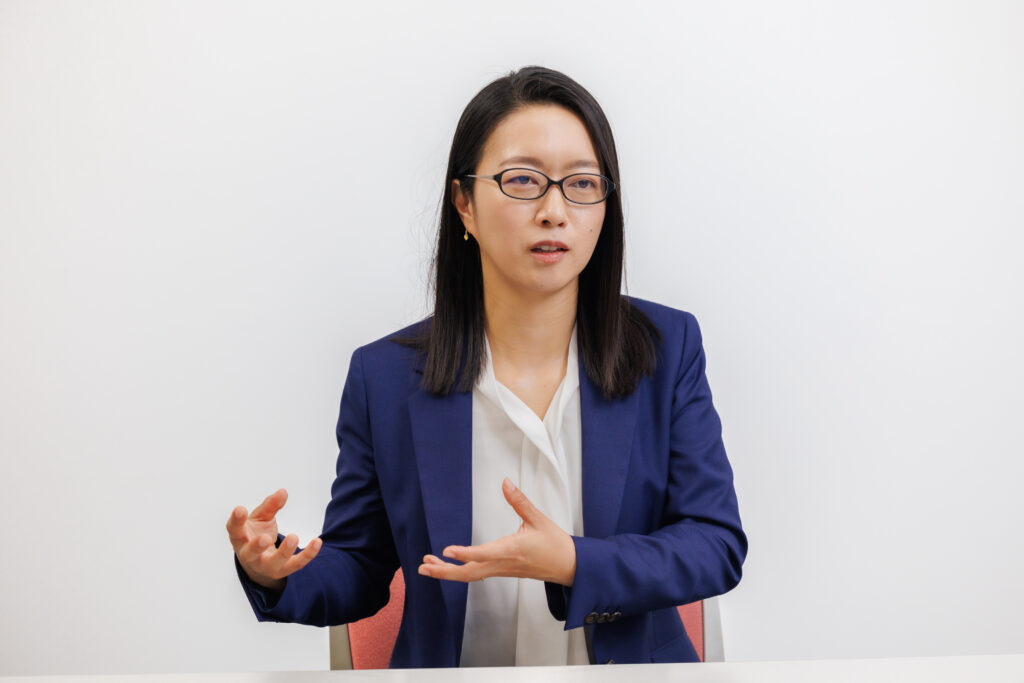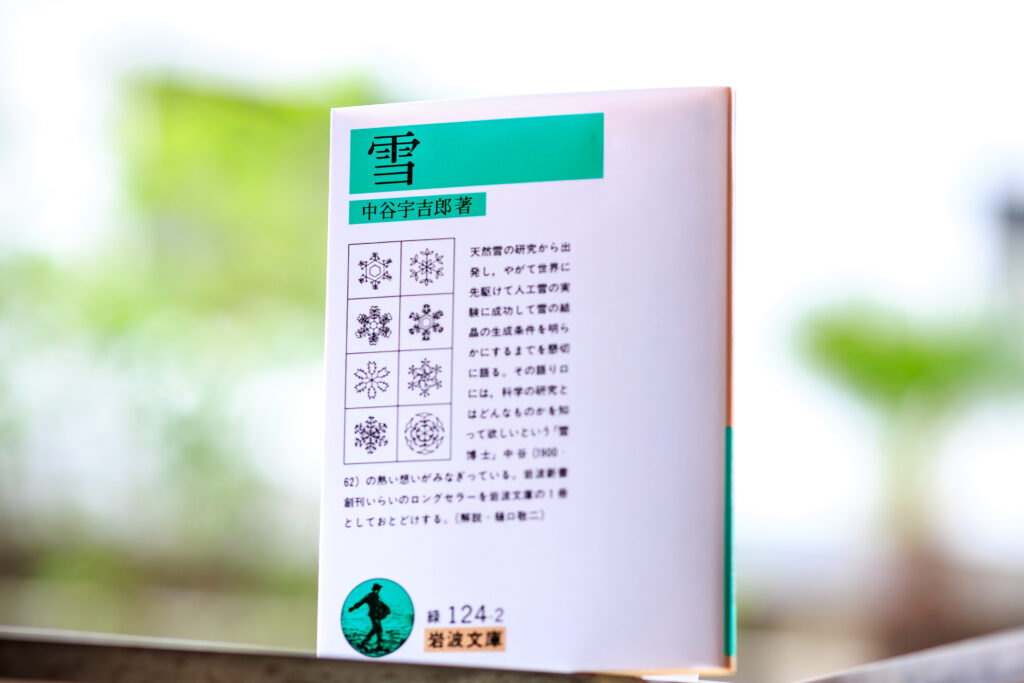
Ayako Kobayashi, Associate Professor of the Faulty of Global Studies, centers her research on conflict analysis, international organization, and global governance. Here, she discusses her approach to understanding conflict.
As a researcher of international politics, I am interested in the dynamics of conflict, the peace process, the role of international organization, and, broadly, global governance. Building on my experience as a political affairs officer for the Ministry of Foreign Affairs, where I worked in the field to survey political and military situations, my research analyzes case studies pertaining to the African countries of the Republic of the Sudan and the Republic of South Sudan.
Situated in Northeast Africa, Sudan is a country that geographically and culturally connects the Mediterranean and Indian Oceans and the Middle East and Africa. In 1956, a domestic conflict broke out between the northern and southern parts of the country, igniting a civil war. Although a peace agreement was reached in 2005 through international mediation, and South Sudan seceded from Sudan in 2011, the conflict still continues in parts of the country.
Changing the mindset of military supremacy

There are several factors behind persistent conflict. These can include differences between ethnic groups who formerly coexisted peacefully now being used to incite division; those in power believing that military power is the only true show of authority; or situations where natural resources serve as a source of funding. As a conflict drags on and reignites, armed groups come up with more profitable schemes and strategies, further complicating the circumstances. In some instances, they curry favor with international actors, gaining support while never following through with their own promises.
I believe that changing the mindset of military supremacy among those in power is crucial to ending conflict and achieving peace. In recent years, youth movements have searched online to learn how social transformations were achieved in other countries. They use that knowledge to strengthen civil society and change society through protest and other nonviolent civil movements.
Global governance research does not only take into account the role of nation states and international organizations; it also considers the role of civilians. Indeed, in 2019, a nonviolent popular uprising overthrew a dictatorship in Sudan. Perhaps an increased awareness of nonviolent means to change society can decrease the frequency of such armed conflicts. With that said, armed clashes broke out in Sudan’s capital just this April, making it apparent that achieving peace in Sudan will take time.
Exchanging views with a wide range of experts to deepen understanding of conflicts
In our rapidly changing international climate, conflicts cannot be approached as purely domestic issues. This is because donor countries, international organizations, and non-governmental organizations (NGO) are involved in the provision of international aid.
However, macro international political theory alone is not sufficient to understanding individual conflicts. This is why I exchange views with experts in other fields, such as area studies, to find discussion points that can connect local and global perspectives. I believe this back-and-forth between micro and macro discussions can help us reconsider the roles of nation states and international institutions as well as world politics more broadly.
Violent armed conflicts should be prevented, but if we define “conflict” to include likely confrontations between two parties — as we do in the field of conflict research — then not all conflicts are necessarily “bad.” This is because it is possible for the oppressed to raise their voices and stand up to those in power, thereby change the direction of society.
How will a conflict play out? How will the involvement of other countries and international institutions affect the outcome of a conflict and the path towards peace? By analyzing documents and archives and interviewing those involved, I hope to use my insights to contribute to this understanding.
The purpose of research is to expand shared knowledge that has been accumulated through prior studies. How can we reduce conflict and alleviate the suffering of those affected? To find the answers to these questions, I will continue to collaborate with other experts and researchers while listening to those in the field and on the world stage. In this way, I hope to present my own perspective while expanding our scope of shared knowledge as much as possible.
The book I recommend
“Yuki” (Snow)
by Ukichiro Nakaya, Iwanami Bunko

Nakaya’s approach to snow research inspires thought on how we face nature and disasters, our psychological pitfalls, and even the stances of different countries amid worsening global circumstances. I first read this book as a university student and it has taught me so much in terms of what it means to be a researcher. I still revisit it to this day.
-
Ayako Kobayashi
- Associate Professor
Department of Global Studies
Faculty of Global Studies
- Associate Professor
-
After obtaining her Bachelor of Law at Sophia University’s Department of Law, Kobayashi attended Hitotsubashi University, where she earned her Master of International and Administrative Policy and Doctor of Law. She went on to work in the private sector and later served as a political affairs officer at the Embassy of Japan in Sudan; a program officer at the Cabinet Office; and a research fellow at the Belfer Center for Science and International Affairs at the Harvard Kennedy School. She served as an Assistant Professor at Sophia’s Faculty of Global Studies, before assuming her current post in April 2023.
- Department of Global Studies
Interviewed: May 2023